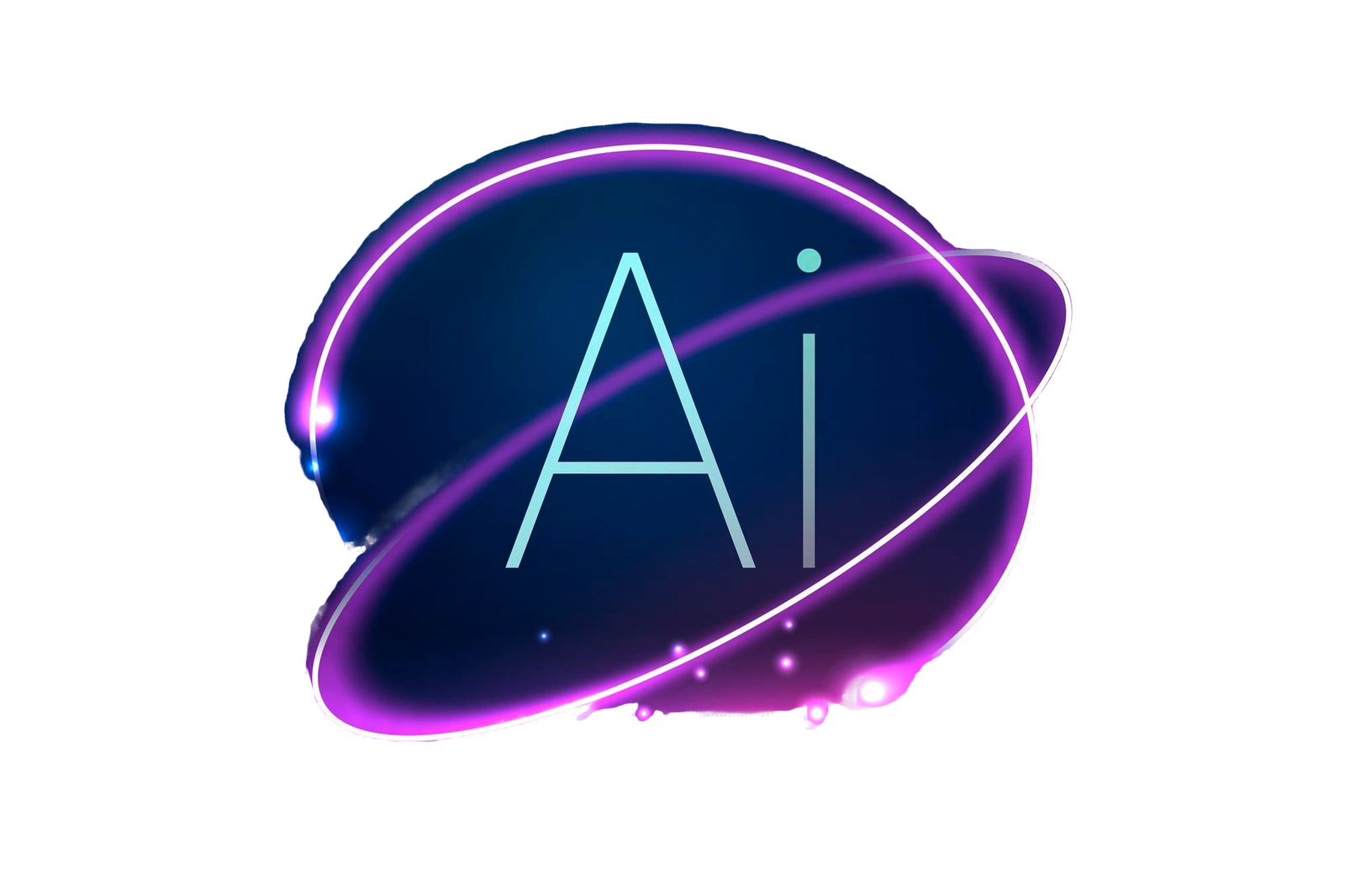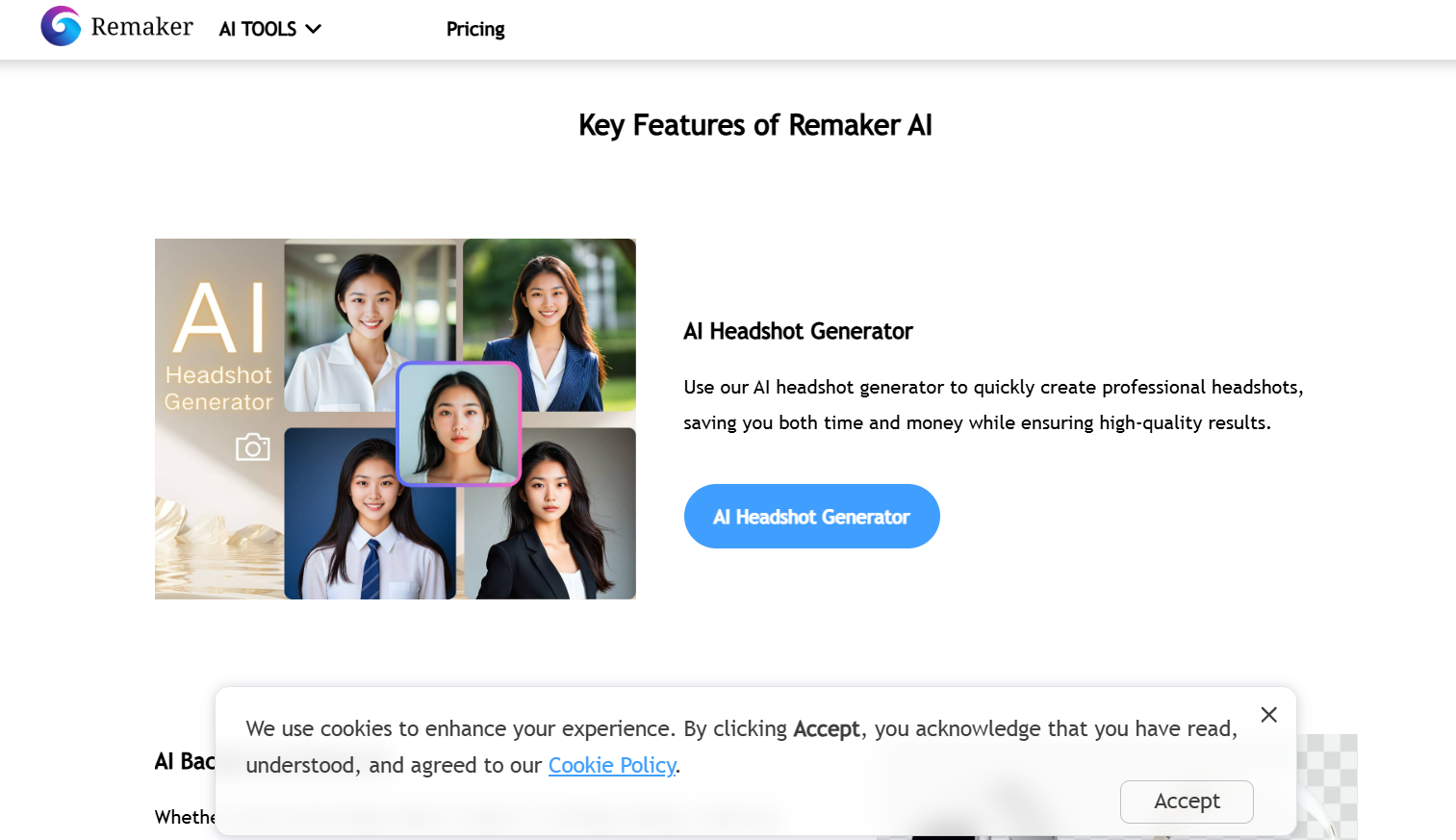In the ever-evolving world of artificial intelligence (AI), Character AI has emerged as a groundbreaking innovation, reshaping the way humans interact with digital platforms. Character AI refers to the development of intelligent virtual personas designed to simulate human-like traits, emotions, and decision-making capabilities. These AI-driven characters are used across various domains, from gaming and entertainment to customer service and education.
This article explores the rise of Character AI, its applications, challenges, and the future of this fascinating technology. With proper search engine optimization (SEO) and copyright-free content, it provides actionable insights for readers and industry professionals alike.
Character AI: Revolutionizing Digital Interactions with Artificial Intelligence

What is Character AI?
Character AI, also known as conversational AI or virtual persona AI, is the creation of digital entities capable of mimicking human behavior, emotions, and conversations. These AI models are typically built using advanced technologies such as Natural Language Processing (NLP), machine learning (ML), and Generative AI models.
The goal of Character AI is not only to simulate realistic interactions but also to offer personalized and emotionally engaging experiences. Unlike traditional bots or automation systems, AI-driven characters often embody personalities, backstories, and distinct behavioral traits.
Key Applications of Character AI
1. Gaming and Entertainment
Character AI has revolutionized the gaming industry by creating dynamic non-playable characters (NPCs) that adapt to players’ actions. These characters can make games more immersive by offering realistic interactions and complex storylines. For instance:
- RPGs (Role-Playing Games): Adaptive NPCs enhance the storyline and create unique player experiences.
- Virtual Reality (VR): AI-driven avatars make VR environments more interactive and life-like.
2. Customer Support
Brands are increasingly using AI-powered characters to provide seamless customer support. These virtual agents:
- Address customer queries 24/7.
- Provide personalized product recommendations.
- Reduce human intervention in repetitive tasks.
Examples include chatbots like Amazon’s Alexa, Google Assistant, and ChatGPT-powered assistants.
3. Education and Training
Character AI is widely used in educational platforms to create personalized tutors that cater to individual learning needs. These AI-driven tutors:
- Simulate classroom environments.
- Provide interactive lessons.
- Offer constructive feedback to learners.
4. Healthcare and Therapy
In healthcare, AI characters act as virtual therapists or health assistants. They:
- Provide mental health support through empathetic conversations.
- Guide patients in managing chronic diseases.
- Offer general medical advice.
5. Marketing and Influencer Campaigns
Brands are leveraging AI-generated virtual influencers to connect with audiences. These influencers have distinct personas and can engage users on platforms like Instagram, TikTok, and YouTube without human involvement.
Benefits of Character AI
Character AI brings numerous advantages across industries. Some key benefits include:
1. Scalability
Character AI can handle millions of interactions simultaneously, ensuring businesses meet customer demands without increasing operational costs.
2. Personalization
With AI models analyzing user preferences, virtual characters can tailor their responses to provide a more personalized experience.
3. Cost Efficiency
AI characters reduce the need for large human workforces, significantly cutting operational expenses for companies.
4. Consistency
Unlike humans, AI characters deliver consistent performance and responses, ensuring customer satisfaction at every interaction.
5. Emotional Engagement
By simulating human emotions, AI characters can foster deeper connections with users, leading to better engagement and retention rates.
Challenges in Character AI Development
Despite its potential, Character AI faces several challenges:
1. Ethical Concerns
The ability of AI characters to mimic human behavior raises questions about authenticity and deception. Users may find it difficult to distinguish between human interactions and AI-driven ones.
2. Data Privacy
AI characters rely on vast amounts of user data to function effectively. Ensuring this data is collected and stored securely remains a significant concern.
3. Technical Limitations
While AI technology has advanced, creating truly life-like and error-free characters is still a work in progress. Technical glitches and inaccuracies can disrupt user experiences.
4. High Development Costs
Building sophisticated AI characters requires substantial investments in technology, expertise, and infrastructure.
5. Overdependence
There is a risk of over-reliance on AI characters, leading to the potential displacement of human jobs in certain industries.
The Future of Character AI
As AI technologies continue to evolve, the future of Character AI appears promising. Here are some trends to watch out for:
1. Emotional Intelligence
Future AI characters will possess advanced emotional intelligence, allowing them to recognize and respond to human emotions more accurately.
2. Multimodal Interactions
AI characters will combine voice, text, and visual cues to create more engaging and intuitive interactions.
3. Ethical Frameworks
Governments and organizations are likely to introduce ethical guidelines for the development and deployment of Character AI to address concerns about misuse and fairness.
4. Enhanced Realism
The integration of Deep Learning and Generative AI models like GPT-4 and beyond will make virtual characters indistinguishable from humans.
5. Cross-Industry Adoption
From e-commerce to entertainment, Character AI will become a standard technology across multiple industries, driving innovation and efficiency.
SEO Best Practices for Character AI Content
To ensure maximum visibility and user engagement, it’s essential to optimize Character AI-related content with SEO best practices. Here are some tips:
- Target Keywords: Use relevant keywords like “Character AI,” “AI-driven characters,” and “virtual personas” throughout the content.
- Engaging Titles: Use titles that are both compelling and SEO-friendly, such as “How Character AI is Transforming the Digital World.”
- Meta Descriptions: Write concise meta descriptions that highlight key points to attract clicks.
- Internal and External Links: Link to authoritative sources and related content for better SEO performance.
- Mobile Optimization: Ensure content is mobile-friendly to cater to a broader audience.
- Regular Updates: Keep content fresh by updating it with the latest trends and advancements in Character AI.
Conclusion
Character AI is at the forefront of digital innovation, transforming industries and redefining human-computer interactions. From creating immersive gaming experiences to revolutionizing customer support, its applications are vast and impactful. However, as the technology matures, it is crucial to address ethical, technical, and privacy challenges to ensure responsible development.
By staying informed about advancements and leveraging Character AI effectively, businesses and individuals can unlock new opportunities in this rapidly growing field. With its potential to humanize technology, Character AI represents not just the future of AI but also the next step in human evolution.
Internal Link :- opticalsworld







